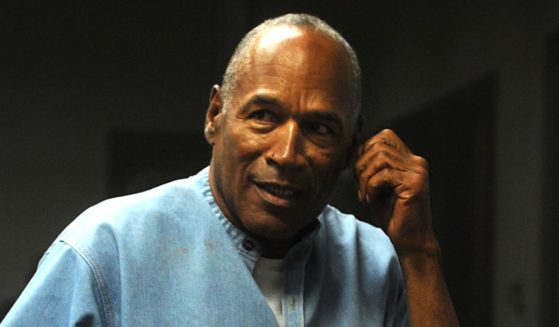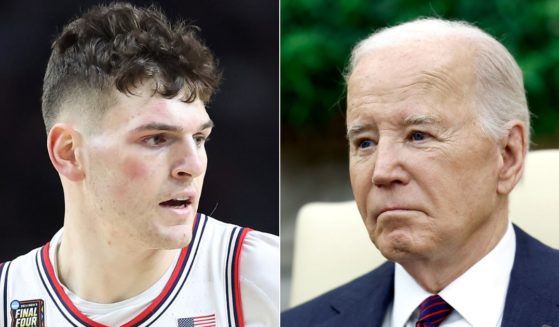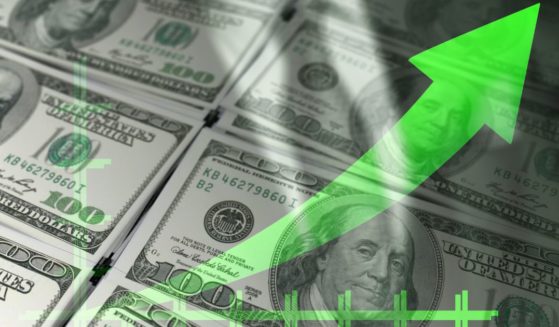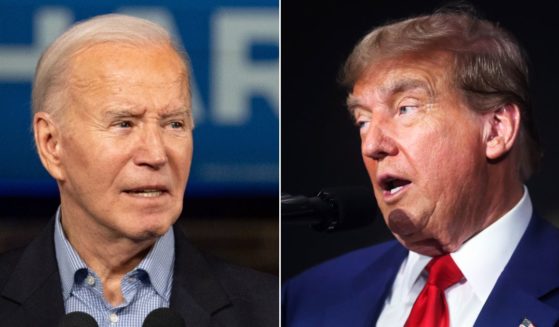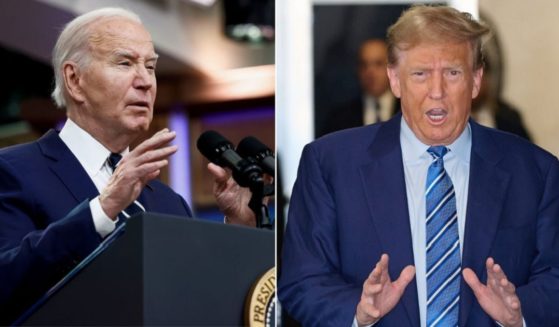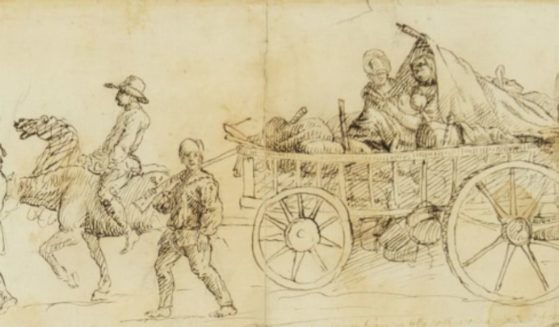Even Liberal Websites Calling Out NYT for Smear on Trump over COVID-19 Drug
This time, The Times isn’t fooling anybody.
The “newspaper of record” has spent four years on the warpath against Donald Trump – first as when he was a presidential candidate, then against the Trump White House – and has pushed the boundaries of new lows a supposedly journalistic enterprise can hit while abandoning its duty.
In an article this week, The Times published a veiled accusation that Trump is pushing the use of an anti-malarial drug to help those struck by COVID-19, and not even its leftist fellow travelers in the national media could go along.
Brutal day for The New York Times. The worst of the worst at The Washington Post, Vox, and Snopes were like “yeah that’s a pretty ridiculous fake news narrative.” pic.twitter.com/EmO1v8OMq4
— Matt Wolking (Text TRUMP to 88022) (@MattWolking) April 8, 2020
At issue was a Times report published Monday that suggested that Trump’s consistent pumping for the drug hydroxychloroquine might be really motivated by the billionaire businessman’s desire to make more money.
Why else would an American president be promoting a drug he thinks could save the lives of countless of his countrymen – not to mention citizens in other countries?
As The Times article snidely put it, “the president’s assertiveness in pressing the case over the advice of advisers like Dr. Anthony S. Fauci, the government’s top infectious disease specialist, has driven a wedge inside his coronavirus task force and has raised questions about his motives.”
The ”raised questions” construction is a journalistic classic, a cowardly, passive-aggressive way of sliding a reader directly into the accusation a news outlet wants to make.
And in The Times’ case, the accusation was that Trump was acting out of the worst mercenary motivations.
“If hydroxychloroquine becomes an accepted treatment, several pharmaceutical companies stand to profit, including shareholders and senior executives with connections to the president,” The Times wrote.
“Mr. Trump himself has a small personal financial interest in Sanofi, the French drugmaker that makes Plaquenil, the brand-name version of hydroxychloroquine.”
Considering the article — which took four Times writers to produce, judging by the bylines — pretended to be an exploration of why Trump might be so enthused about a potentially lifesaving drug in the middle of a devastating epidemic, that was a pretty weak case to make for a president acting out of pecuniary interest.
So weak, in fact, that the ludicrously liberal “fact-checking” site Snopes couldn’t stomach it. The “explaining” leftists at Vox thought it was too much. And even a writer at The Washington Post (the anti-Trump newspaper that shared a Pulitzer with The Times for its “Russia collusion” reporting) called it out.
The “small personal financial interest” The Times mentioned is beyond “small.”
As Snopes reported, the Trump money invested in Sanofil comes from three family trusts that have interests in a mutual fund that has a minuscule interest in the company. At its maximum, Trump’s investment amounts to $2,490.
That’s not an amount even a moderately middle-class criminal would take a risk for. To suggest that a billionaire president would is simply insane.
Vox writer Emily Stewart noticed.
So the issue on the Trump/Sanofi thing is that if I were planning to make money off talking up a stock, I’d … invest directly in the stock, not a small portion through a mutual fund. Like if I’m talking up Apple and am invested in an S&P index, I’m doing it wrong.
— Emily Stewart (@EmilyStewartM) April 7, 2020
Fellow Vox writer Sean Collins went to considerable lengths to try to make Trump look bad in his report on The Times claim on Tuesday, but there was no getting around the fact that the allegation The Times was hinting at was a bust, and even liberals knew it.
At The Washington Post, correspondent Philip Bump again tried to slant the story in such a way that it was Trump’s fault The New York Times had tried to start a whisper campaign against him as some sort of merchant of death, but the bottom line was the same, the story was wrong.
Or as The Post headline tried to color it: “Trump’s promotion of hydroxychloroquine is almost certainly about politics, not profits.”
Obviously, the anti-Trump smear wasn’t new to The Times.
On the news side, among examples too countless to name, it’s thrown endless man-hours into drumming up the “Russia collusion” hoax. It was the conduit for former FBI Director James Comey to leak the memos that helped spur the appointment of the special counsel that dogged Trump’s first three years in office.
On the opinion side, its stable of columnists seem to compete to outdo each other with insults for the president – and by extension his millions of supporters.
(The “winner” so far might be the reliably inane veteran columnist Gail Collins, who wanted to rename the coronavirus — which had killed more than 87,000 worldwide as of Wednesday — the “Trumpvirus.” She’s not the only reason 60 percent of Americans don’t like the media’s coverage of the crisis, but she’s one of them.)
It even published, in a full-length opinion page piece, anonymous claims from a supposedly high placed administration official claiming a “Resistance” is thwarting the president.
And through it all, it’s been hailed for its dedication to debasing journalism (like that Pulitzer Prize.)
But when The Times stooped to the veiled accusation that Trump is attempting to profit from the coronavirus pandemic by promoting a drug that he allegedly has a financial stake in, it stooped too low even for libs in the Trump-smearing business.
Naturally, Trump supporters took note.
Why do they keep doing this to themselves. It’s one blow after another. They are totally illegitamate at this point
— Diane Roy (@DianeRo25123293) April 8, 2020
hahah…everything they try to throw at him backfires…See the glory of the Lord!..
— Sandy Halverson (@sandyhalv46) April 8, 2020
They’ve had a few brutal days over the last 3 years. How are they still in business?
— Ted Baxter (@tedbaxter99) April 8, 2020
This time, the newspaper couldn’t even convince those most willing to suspend disbelief in order to swallow any accusation hurled against Trump from virtually any corner.
But this time, The Times wasn’t fooling anyone.
Truth and Accuracy
We are committed to truth and accuracy in all of our journalism. Read our editorial standards.

